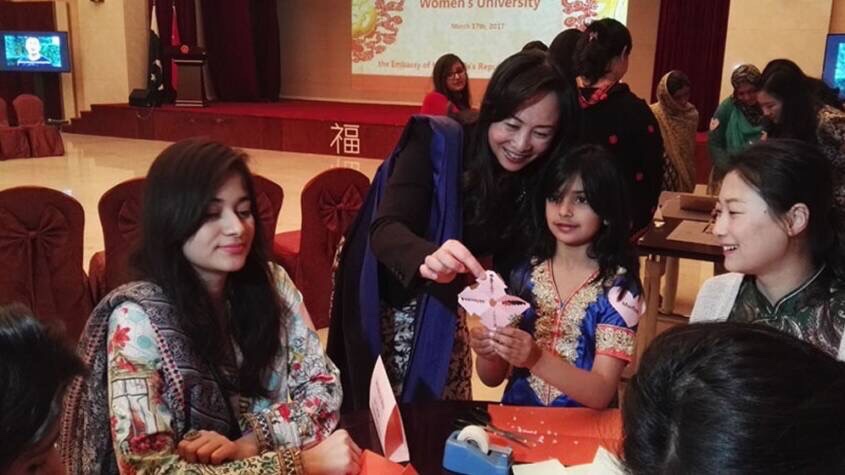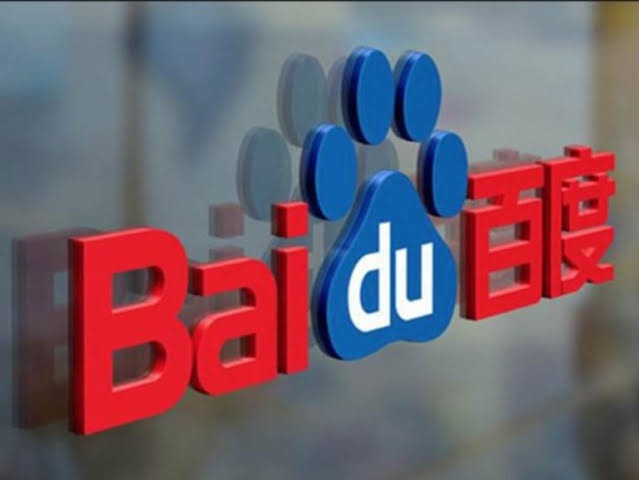Asian Institute of Eco-civilization Research and Development (AIERD) is launching “CPEC Youth Network” with the vision to create a cadre of motivated, well informed and trained individuals to carry the message of brotherhood to future generation.
Shakeel Ahmad Ramay said that the sole purpose of creating such an institution is to share true knowledge and information of Pak- China cooperation with the future generations of the two countries.
“Creating a proper platform for the awareness of Pakistani as well as Chinese youth is the real purpose behind it. CPEC is not the only example of brother-hood between the two countries rather history is full of such cooperation between the iron-brothers”, he added.
Pakistan-China relationship cannot be understood by applying conventional theories or conceptual frameworks of diplomacy and international relation. The relationship is unique, wide-ranging and encompasses all fields of life.
It is based on two inimitable ingredients, love and care, which are scarce commodities in the international relations.
This institution therefore will create opportunities for mutual learning to understand the dynamics of Pak-China relationship, it will organize youth to mitigate the propaganda against CPEC.
To work for the vision of “community with shared future” AIERD is also working on eco- civilization and Chinese vision that how China will perform at global level for a harmonized world.
It conducts research on CPEC, policies of China in context of Eco-civilization and changing global power dynamics providing a platform for dialogue and meaningful engagement among stakeholders of CPEC, China and rest of the world.
Mr Zahid Latif Khan is the chairman of AIERD, who is a renowned businessman and is also Chairman Islamabad stocks exchange RIET. He was also the president of Rawalpindi Chamber of Commerce and has been very active on CPEC. Latif previously took two delegations of business and diplomats’ community to Gwadar.
In the past CPEC internship program was also launched to develop young leaders with maximum productivity. The program included recruitment of 100 interns, who got monthly stipend after their allocation to specific industries and sectors as well as development of leadership and management skills.

















